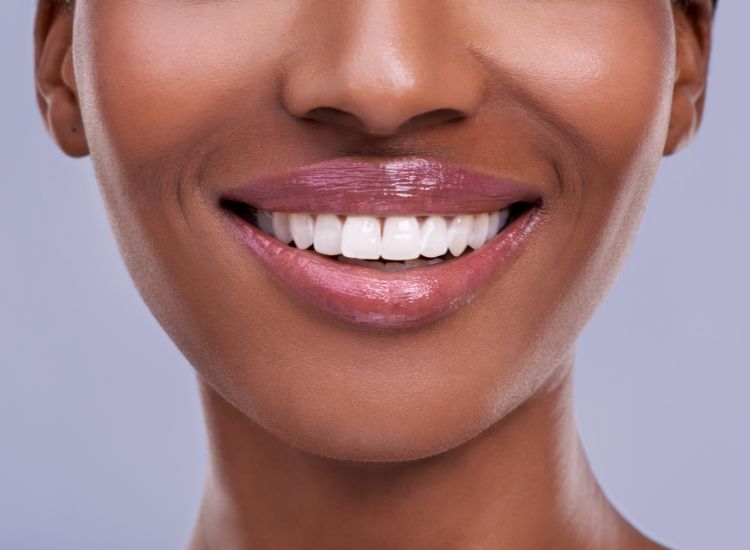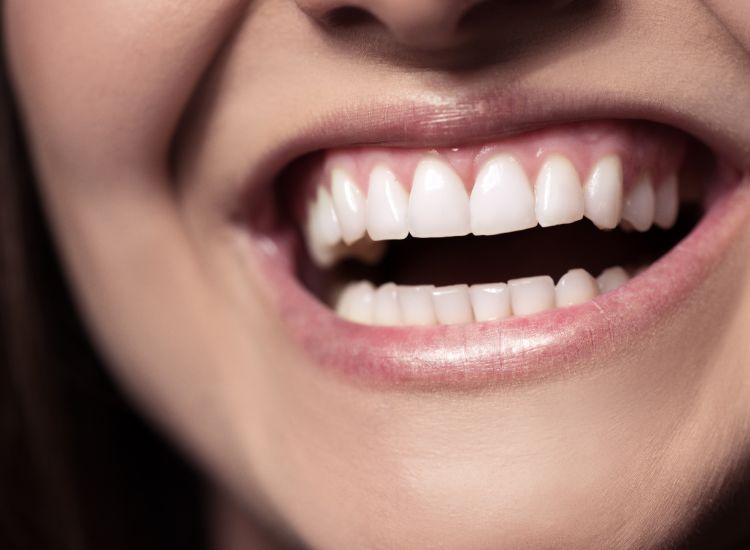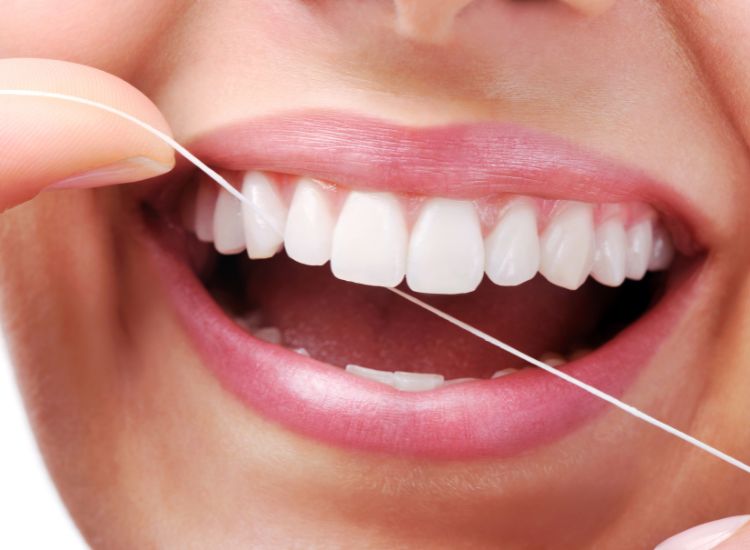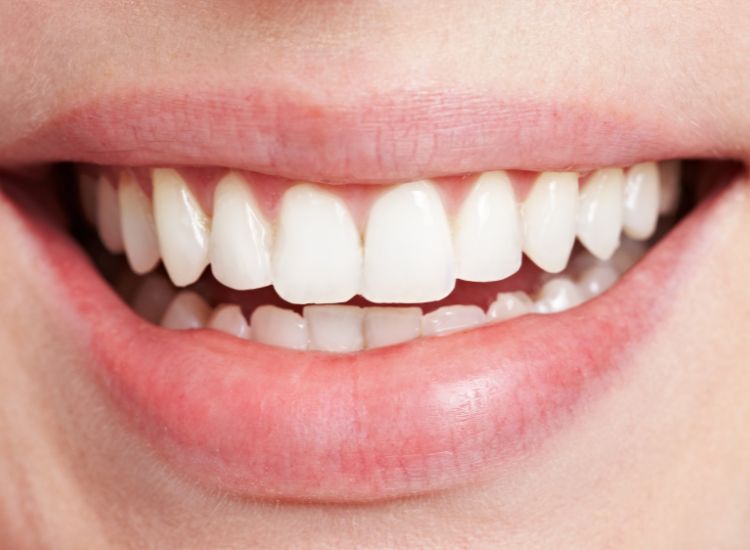Teeth Whitening: What Are Your Options?
Professional Teeth Whitening: What Are Your Options at Kissing Camels Family Dentistry
A bright, white smile is often seen as a symbol of health and confidence. Over time, however, teeth can become stained or discolored due to factors like aging, food and beverage choices, tobacco use, or poor oral hygiene. Thankfully, teeth whitening treatments can effectively restore the sparkle to your smile. At Kissing Camels Family Dentistry, your trusted provider and the best dentist in Colorado Springs, CO, we offer several teeth whitening options to suit your needs and lifestyle.
Why Do Teeth Stain?
Understanding what causes tooth discoloration can help you choose the right whitening method. Common culprits include:
Food and drinks: Coffee, tea, red wine, and dark berries can stain enamel.
Tobacco use: Smoking or chewing tobacco leaves stubborn brown or yellow stains.
Aging: As we age, enamel thins and reveals the yellowish dentin beneath.
Medications: Some antibiotics and antihistamines can cause tooth discoloration.
Poor oral hygiene: Infrequent brushing and flossing allow plaque buildup, which can lead to discoloration.
Teeth Whitening Options
There are several ways to brighten your teeth, ranging from at-home remedies to professional treatments. Let’s explore your options.
1. Professional In-Office Whitening
Professional whitening performed at your dentist’s office is one of the fastest and most effective ways to brighten your teeth. At Kissing Camels Family Dentistry, we use advanced whitening systems that provide dramatic results in just one visit—often lightening teeth by several shades in under an hour.
Pros:
Immediate and noticeable results
Safe and supervised by dental professionals
Minimal sensitivity with professional-grade products
Cons:
Higher cost than at-home options
2. Custom Take-Home Whitening Kits
If you prefer to whiten your teeth at your own pace, a custom take-home kit from your dentist is a great choice. These kits include custom-fitted trays and a professional-strength whitening gel that ensures even, consistent whitening.
Pros:
Convenient for use at home
Effective, gradual whitening
Trays fit comfortably and minimize irritation
Cons:
Takes longer to see results compared to in-office treatment
3. Over-the-Counter Whitening Products
Available at most pharmacies, over-the-counter (OTC) whitening products include whitening strips, gels, toothpaste, and mouth rinses. While convenient and inexpensive, they generally have lower concentrations of whitening agents and can take several weeks to show mild results.
Pros:
Affordable and accessible
Easy to use
Cons:
Results may be inconsistent or less dramatic
Higher risk of tooth sensitivity and gum irritation
Not customized to your specific needs
4. Whitening Toothpaste and Rinses
These products are designed to remove surface stains but don’t typically change the natural color of your teeth. They’re great for maintenance after a professional whitening treatment.
Pros:
Gentle on teeth
Suitable for daily use
Helps maintain results from professional treatments
Cons:
Not effective for deep or stubborn stains
Choosing the Right Whitening Option
The best teeth whitening option depends on several factors including your dental health, budget, lifestyle, and whitening goals. During your consultation with the best dentist in Colorado Springs, CO, we will evaluate your smile and recommend the most effective treatment plan tailored to your needs.
Is Teeth Whitening Safe?
Teeth whitening is generally safe when performed under the supervision of a dental professional. However, some individuals may experience temporary tooth sensitivity or gum irritation. It’s essential to follow instructions carefully and consult your dentist before beginning any whitening regimen—especially if you have crowns, fillings, or veneers.
Maintain Your Whiter Smile
Once your teeth are whitened, you can extend the results by:
Brushing and flossing daily
Avoiding stain-causing foods and beverages
Rinsing your mouth with water after eating or drinking
Using a straw for dark-colored drinks
Visiting your dentist regularly for cleanings and checkups
Brighten Your Smile with Kissing Camels Family Dentistry
At Kissing Camels Family Dentistry, we believe everyone deserves a radiant, confident smile. Whether you’re interested in a quick in-office treatment or a customized take-home kit, our team is here to help you achieve lasting results.
Schedule a consultation with the best dentist in Colorado Springs, CO today and let us guide you to the perfect teeth whitening solution for your smile.











